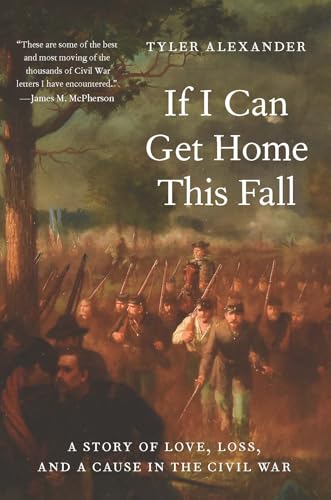
The Lost Gettysburg Address
by David T. Dixon
"Charles Anderson's Civil War Odyssey"
Popularity
4.75 / 5
* A book's popularity is determined by how it compares to all other books on this website.
Where to buy?
Buy from Amazon* If you buy this book through the link above, we may receive a small commission at no extra cost to you.
The Lost Gettysburg Address by David T. Dixon
Details
War:
American Civil War
Perspective:
Civilian
True Story:
Yes
Biography:
Yes
Region:
North America
Page Count:
256
Published Date:
2015
ISBN13:
9780986155109
Description
Brief Summary
The Lost Gettysburg Address by David T. Dixon explores the remarkable story of Charles Anderson, a Southern Unionist and slave owner who took great personal risks to support the Union cause during the American Civil War. The book delves into Anderson's journey to Gettysburg, where he delivered a once-forgotten address on the same day as President Lincoln's famous speech. Through meticulous research, Dixon brings to light the complexities of Anderson's life and the broader context of his speech, exhibiting a tale of bravery and conviction during one of the most turbulent times in American history.
Main Themes and Topics
A central theme in The Lost Gettysburg Address is the paradoxical nature of Charles Anderson's life as a slave owner who ardently supported the Union. This theme is pivotal in understanding the nuanced allegiances and ideologies of the era. Dixon examines the moral dilemmas faced by Southern Unionists, highlighting the internal and external conflicts that defined their roles in the war. The book also emphasizes themes of rhetoric and public speech, as it reflects on the power of oration in shaping public opinion and historical narratives.
Writing Style and Tone
David T. Dixon's writing is both scholarly and accessible, balancing in-depth historical analysis with compelling storytelling. He employs a narrative tone that appeals to both history enthusiasts and casual readers, ensuring the complex details are conveyed with clarity and engagement. Dixon's style maintains a respectful distance, allowing the historical figures to emerge as multifaceted characters within their context. His use of vivid descriptions and detailed accounts of events enriches the historical narrative, making it both informative and captivating.
Criticism
Some readers may find the book's focus on a lesser-known historical figure like Charles Anderson as both its strength and limitation. While it provides a fresh perspective on Civil War history, it may leave those looking for comprehensive accounts of more prominent figures or battles wanting. Critics also note that the intricate detailing of historical events, while thorough, might occasionally slow the narrative pace for readers more familiar with the period.









